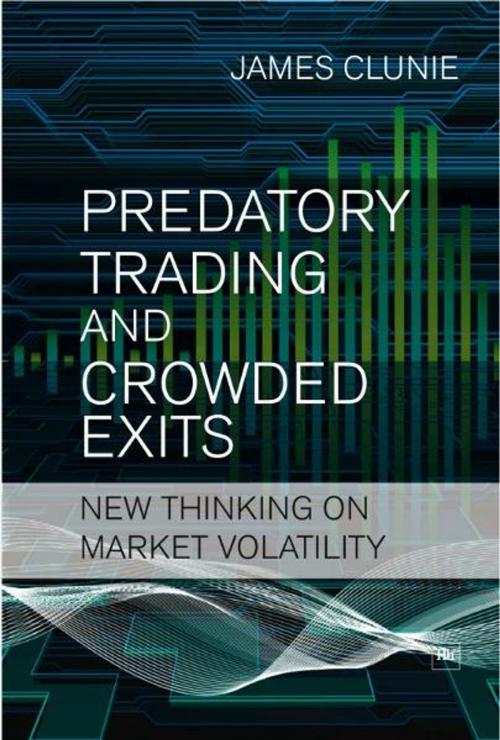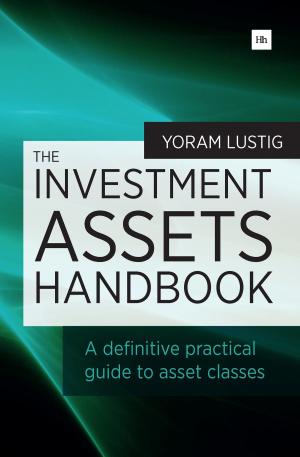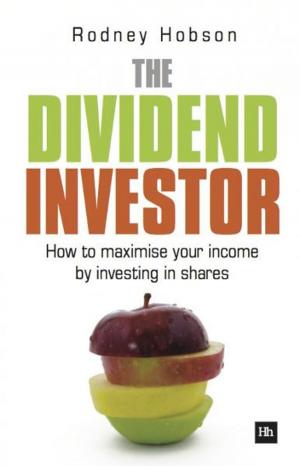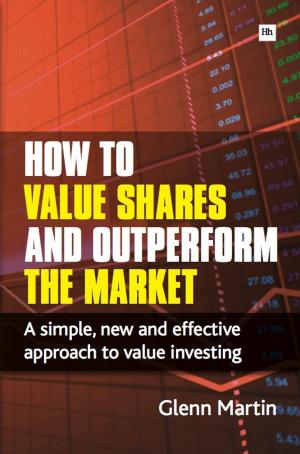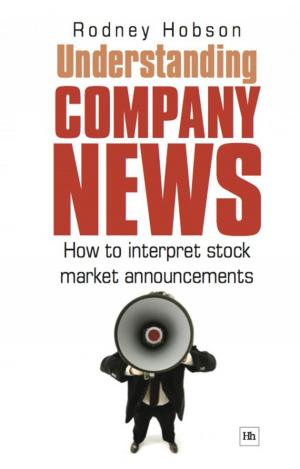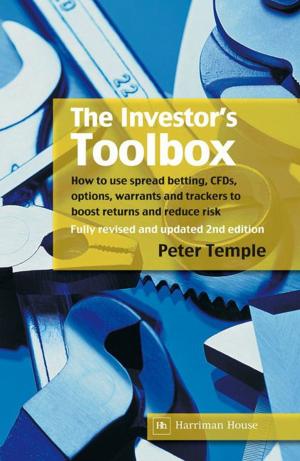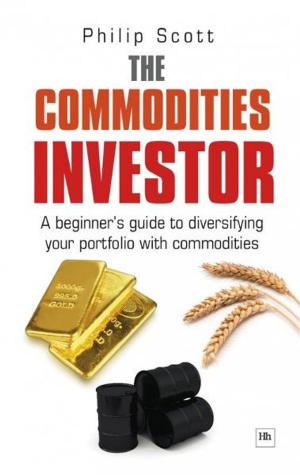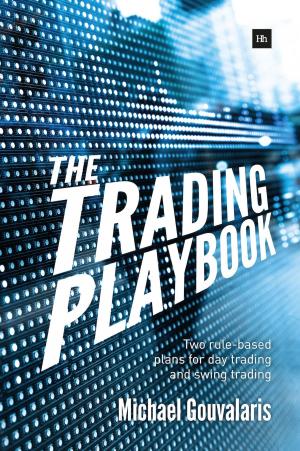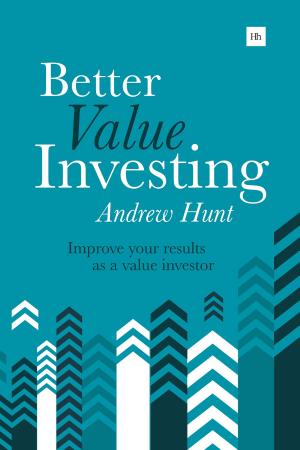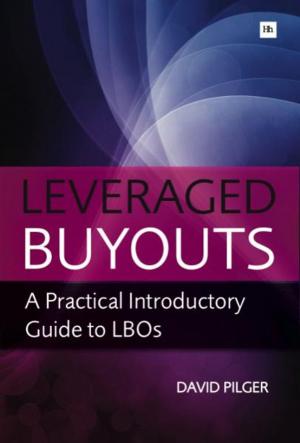Predatory Trading and Crowded Exits
New thinking on market volatility
Business & Finance, Finance & Investing, Investments & Securities| Author: | James Clunie | ISBN: | 9780857191519 |
| Publisher: | Harriman House | Publication: | May 26, 2011 |
| Imprint: | Harriman House | Language: | English |
| Author: | James Clunie |
| ISBN: | 9780857191519 |
| Publisher: | Harriman House |
| Publication: | May 26, 2011 |
| Imprint: | Harriman House |
| Language: | English |
In this book, James Clunie looks at a series of market phenomena that involve security prices moving temporarily away from their 'fair value', creating opportunities for traders to profit (and the risk of losses for the unaware). These phenomena have only recently begun to be well understood and key among them are those known as 'predatory trading' and 'crowded exits'. The author examines these on three levels. Firstly, he describes the basic principles and theory behind each phenomenon, to build a solid framework for the way a trader should think about these situations. Secondly, he examines the accumulated empirical evidence of these situations. This gives an idea of what generally happens in these situations, and what the profit opportunity and the risks might be like. Finally, the author considers a number of individual cases to illustrate what can happen to traders in practice. Often, these will be special situations or extreme events from history, but always cases from which the trader can learn. By understanding these phenomena thoroughly in this way, a trader can gain an edge over others in the market. In the first instance by avoiding becoming the victim of the phenomena and secondly by using detailed knowledge of these situations to (legally and ethically) profit from the events. This book is for traders looking to gain an edge through a superior understanding of how markets work, both in theory and in practice. It will also be of interest to longer-horizon investors who are seeking to avoid timing errors, and to risk managers wanting to understand better the subtleties of risk beyond traditional risk statistics.
In this book, James Clunie looks at a series of market phenomena that involve security prices moving temporarily away from their 'fair value', creating opportunities for traders to profit (and the risk of losses for the unaware). These phenomena have only recently begun to be well understood and key among them are those known as 'predatory trading' and 'crowded exits'. The author examines these on three levels. Firstly, he describes the basic principles and theory behind each phenomenon, to build a solid framework for the way a trader should think about these situations. Secondly, he examines the accumulated empirical evidence of these situations. This gives an idea of what generally happens in these situations, and what the profit opportunity and the risks might be like. Finally, the author considers a number of individual cases to illustrate what can happen to traders in practice. Often, these will be special situations or extreme events from history, but always cases from which the trader can learn. By understanding these phenomena thoroughly in this way, a trader can gain an edge over others in the market. In the first instance by avoiding becoming the victim of the phenomena and secondly by using detailed knowledge of these situations to (legally and ethically) profit from the events. This book is for traders looking to gain an edge through a superior understanding of how markets work, both in theory and in practice. It will also be of interest to longer-horizon investors who are seeking to avoid timing errors, and to risk managers wanting to understand better the subtleties of risk beyond traditional risk statistics.
